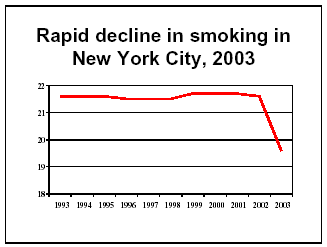You Know What Pictures I'm Talking About
When I first saw the pictures, I immediately thought "That's it? That's not torture. That looks like a fraternity rush!" Not that I have any great love for frats - the people who come up with hazing stunts like that are jerks at best. But judging from the press coverage, my dismissiveness is a minority opinion. Heck, judging from the press coverage, you'd think Bush and Rumsfeld were personally ordering the reactivation of the prison's paper shredders...
Oh sure, some of my co-workers agree with me, and so does Rush Limbaugh, and someone named Iowahawk wrote a pretty awesome parody of the situation, but much of the blogosphere is outraged, Rush is getting lots of crap, and nobody cares what my co-workers think.
No, most people I read in the news and hear on the radio seem to be falling all over themselves in the rush to declare more loudly than anyone else that this is the worst assault on innocents since Hiroshima. And yet... I'm strangely unmoved. Perhaps I'm being too cynical, but the intense news coverage seems to have less to do with the welfare of the prisoners than with the hope that it will bring down an administration official or two. (I mean, if we really want to talk scandal, we can talk about this country's real prison rape problem, but you know, there's no good anti-Bush angle there...)
No, not every critic is criticizing out of animus towards the president. It's just easy to think so after listening to NPR on my way to work and reading the NY Times at lunch, and then over dinner watching a certain cable network that up until recently was all too willing to hide stories of real abuse. Really, some people sound positively gleeful over how this might negatively affect the administration.
And of course, the "Arab Street" is angry. (As someone named Ace says, "What the hell doesn't make Arabs and Muslims angry?"). And I'd give a rat's patoot what they think if they would show even a tenth as much outrage over atrocities like this. Oh, I know, we're Americans, we're supposed to be better than that. And we should. But it is really too much to ask for once that they be better than that, too?
